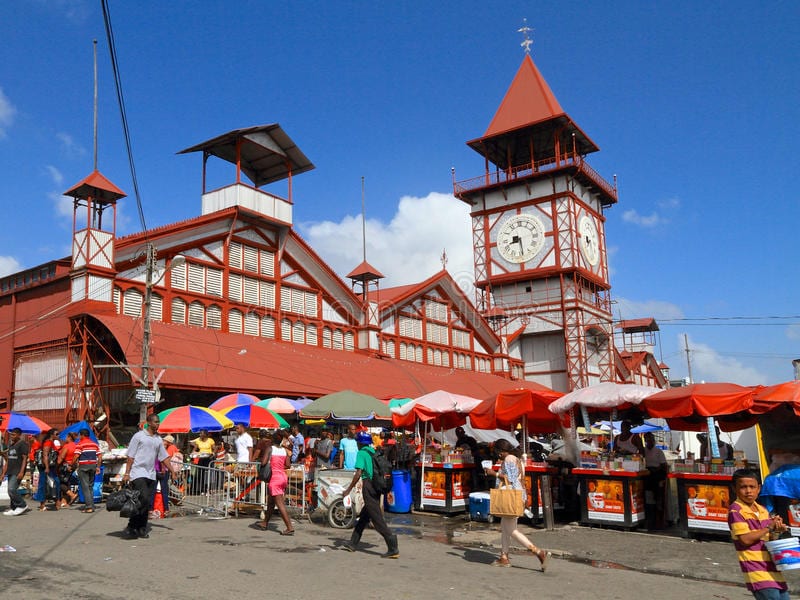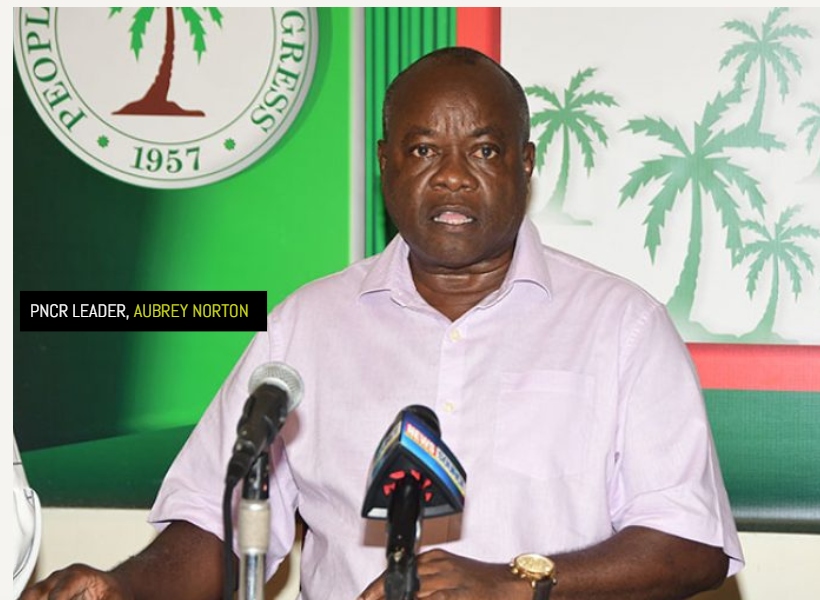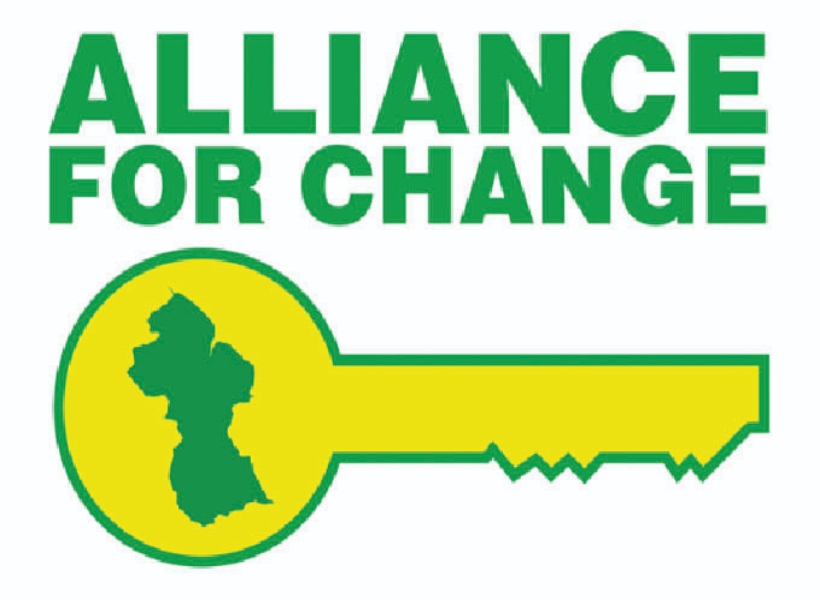When one considers the current circumstances where safety measures to slow the spread of the novel coronavirus have taken a toll on local economy, along with the uncertainty of when this will all be over, it is fair to say that Guyana is facing a national emergency. This was recently noted by Economist, Rawle Lucas in his most recent analysis.
Lucas who also works as the Executive Director of the Department of Global Economic Co-operation, Trade and Investment, at the Ministry of Foreign Affairs, was keen to note that the severity of the crisis will not be known for some time. On the other hand, the official said that many are already aware that people have lost income because of the mandatory lockdown policies that have curtailed pavement vending, school-perimeter vending, and air, road and water payloads.
Lucas said, “Social distancing has virtually paralyzed the tourism, hospitality and entertainment industries. One estimate given about the hire car industry is that demand is down about 70 percent. Only taxi services with contracts are earning some money.”
The economist added, “Incoming air cargo volumes are estimated to be down close to 40 percent. Fuel consumption too, another useful indicator of economic volume, is also estimated to be down close to 40 percent since COVID-19.”
Further to this, the official said that seaport traffic remains high, but one expects to see a decline as idle businesses see a build-up of their inventories and no need to replenish them with the customary regularity. He also noted that cellular phone usage could also be taking a hit as people reorder their priorities in the face of lost revenues and possibly dwindling savings. When the foregoing is taken into consideration, the official said that the combined impact is a decline in national welfare.
On that note the economist said, “The question then becomes how do we address this issue? Keynesian economic thinking has already been taken off the table by virtue of the health risks and the parliamentary straightjacket in which the country finds itself.”
The official said it must be noted that if there is an authority to stop Guyanese from going about their daily lives, then there must be one to help them get through this crisis. Lucas reminded that the Government has stepped forward to ease the financial burden on consumers by removing the value-added tax or VAT from products essential to the fight against COVID-19 and to daily living.
He noted too that many businesses have already granted various sorts of relief and support to their staff and customers while adding that some businesses have agreed to pay their staff between 60 to 90 percent of their current salary. Lucas said that the issue then becomes how long can they keep that up in the face of falling demand and declining cash flows and when the paycheck stops or it is cut further, what is next for affected breadwinners?
It is in the face of this conundrum that the economist foresees Guyana facing a national emergency.











